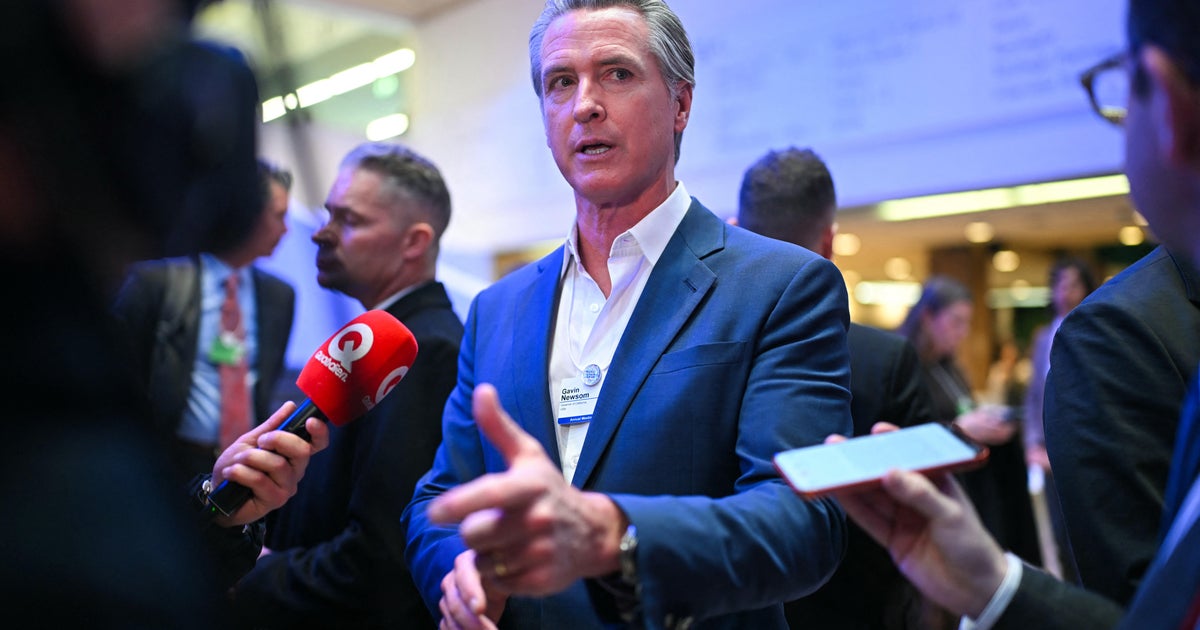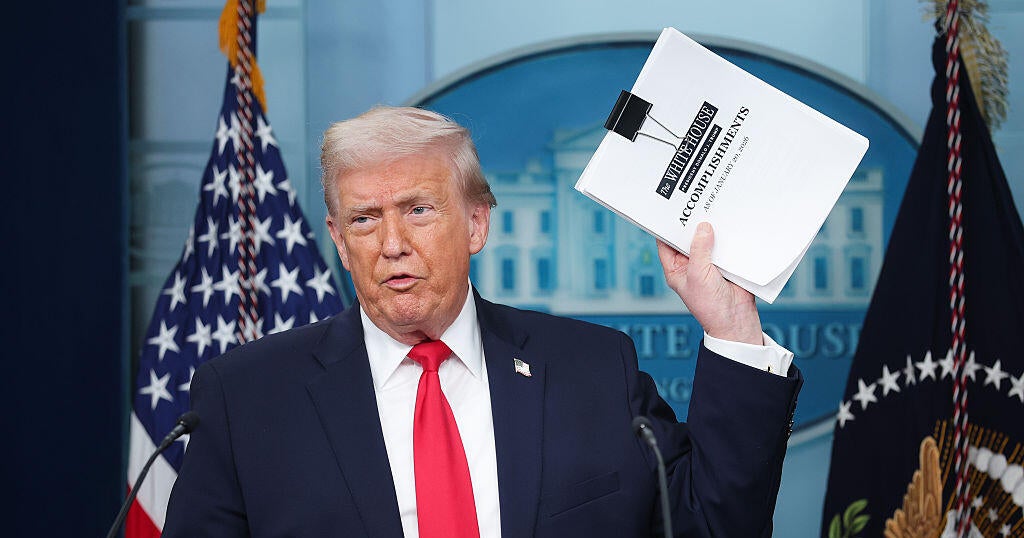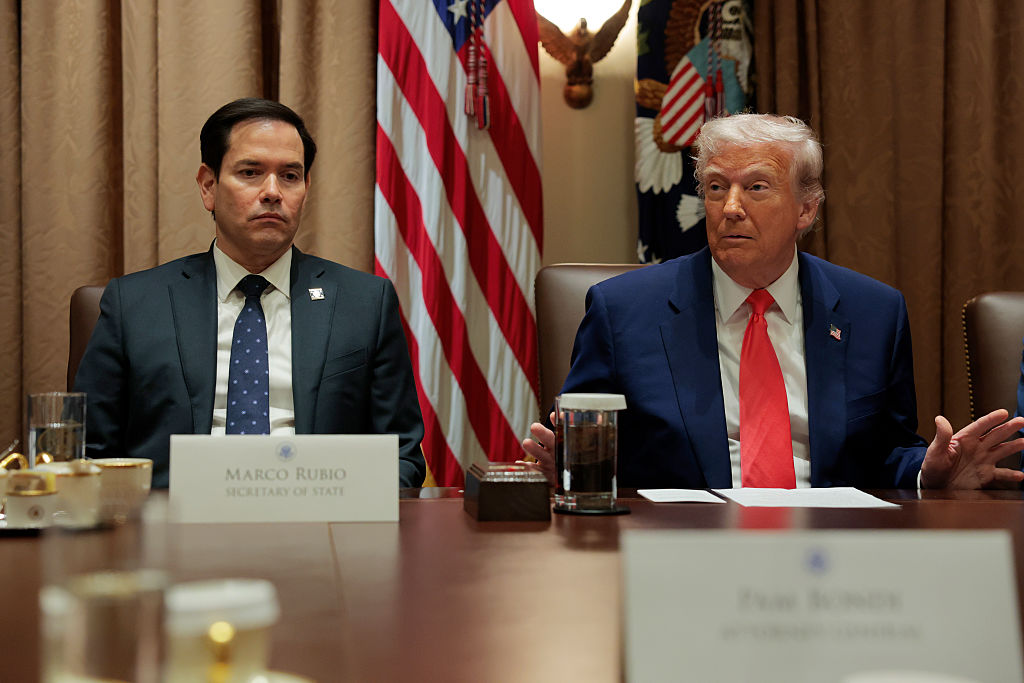Trump administration signs deal with Virginia company to manufacture COVID-19 medicines
Washington — The Trump administration has signed a $354 million contract with Richmond, Virginia-based Phlow Corporation to boost U.S. manufacturing of medicines needed to treat the coronavirus as it seeks to reduce the country's reliance on drugs and pharmaceutical ingredients made and imported from overseas.
The Department of Health and Human Services announced the agreement between the Biomedical Advanced Research and Development Authority (BARDA) and Phlow, which describes itself as a "public benefit pharmaceutical manufacturing company," on Tuesday. While the initial contract is for $354 million, it can be extended for a total of $812 million over 10 years, the agency said.
"The COVID-19 pandemic has reminded us how health threats or other sources of instability can threaten America's medical supply chains, potentially endangering Americans' health," Health and Human Services Secretary Alex Azar said in a statement. "America has the capabilities, resources and expertise to secure our medical supply chains; now the Trump administration is providing the leadership to make it happen."
BARDA acting Director Gary Disbrow said the agreement is an "important step to strengthen our domestic drug production capability."
Under the contract, Phlow will work with private-sector partners to produce pharmaceutical ingredients used in medicines needed to treat COVID-19 patients, many of which are produced overseas. The raw ingredients will be manufactured at U.S.-based facilities, including one that will be built in Virginia, according to the Department of Health and Human Services. Phlow and its partners will also expand manufacturing capability in the U.S. to produce generic drugs at risk of shortages. The company said it is also building a national stockpile of pharmaceutical ingredients needed to produce essential drugs.
Phlow President and CEO Dr. Eric Edwards said in a statement the increased manufacturing capability "will significantly fortify our nation's pharmaceutical supply chain for critical medicines, including many required to treat patients hospitalized with COVID-19."
Many raw drugs used in the U.S. to produce generics and over-the-counter medicines are made overseas in countries like China and India. But the coronavirus crisis has led to concerns about the country's reliance on foreign suppliers.
In late March, the Department of Health and Human Services solicited information to identify manufacturers with the capability to rapidly produce crucial ICU medicines needed for patients on ventilators, as the coronavirus crisis led to increased demand for the drugs and hospitals warned of potential shortages.
White House trade adviser Peter Navarro has for several months been focused on reducing the country's dependence on the global supply chain, specifically for medicines, medical supplies and medical equipment. He told CBS News in March that he had been working on an executive action that would tighten domestic procurement by requiring federal agencies to buy U.S.-made pharmaceuticals and medical equipment.
In a statement Tuesday, Navarro said that in the future, "historians will see this innovative project as a defining moment and inflection point for protecting American families — and our country — from current and future public health threats."
"For far too long, we've relied on foreign manufacturing and supply chains for our most important medicines and active pharmaceutical ingredients while placing America's health, safety, and national security at grave risk," he said.





